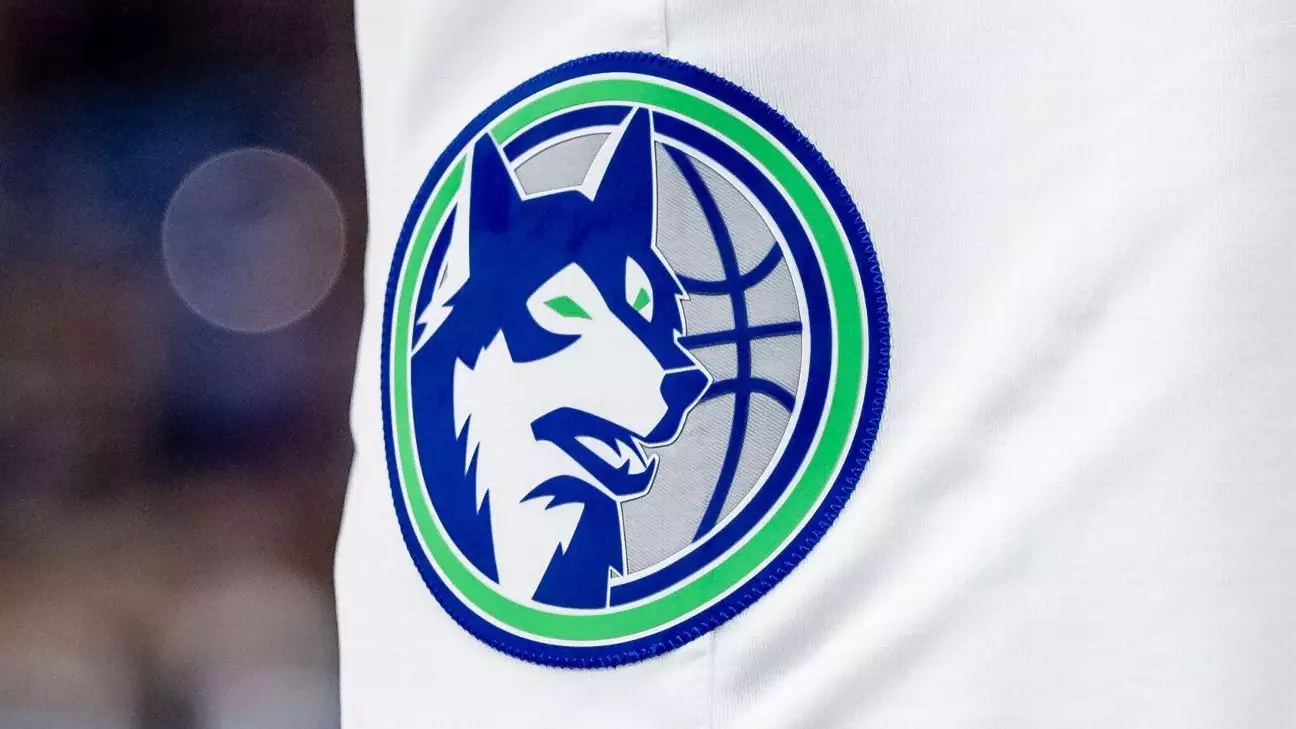The ongoing ownership dispute involving the Minnesota Timberwolves and Lynx encapsulates the intricate dynamics of NBA franchise dealings. Recently, an arbitration panel upheld the claims of prospective owners Marc Lore and Alex Rodriguez against current owner Glen Taylor, paving the way for them to potentially assume majority control of the teams. This case illuminates the fine balance of power within professional sports ownership and the implications of contractual agreements in high-stakes environments.
The Arbitration Decision: A Turning Point
In a 2-1 split decision, the arbitration panel ruled in favor of Lore and Rodriguez, allowing them to maintain momentum towards securing majority ownership. This decision is not just a legal formality; it sets the stage for a critical vote among the NBA’s board of governors, where at least 23 out of 30 must agree to finalize the ownership transition. The implications of this ruling extend beyond mere ownership; they represent a struggle for control amid changing market valuations and personal ambitions.
The crux of the dispute centers on Taylor’s announcement last March, claiming a missed payment deadline that would have granted Lore and Rodriguez an 80% controlling interest. Lore and Rodriguez interpreted this as a breach of the sales agreement they reached in 2021, which involved a complex, tiered payment structure amounting to $1.5 billion. Their assertion: they believed they were entitled to a 90-day extension due to market fluctuations and the complex nature of financial arrangements.
Financial Backing and Strategic Partnerships
As the arbitration progressed, Lore and Rodriguez secured substantial financial support from high-profile investors, including former New York City Mayor Michael Bloomberg and ex-Google CEO Eric Schmidt. They demonstrated to the NBA that they had raised an additional $950 million, which is now held in an escrow account, signaling their readiness to finalize the deal. This backing not only strengthens their financial position but also enhances their credibility among NBA governors who will ultimately decide the fate of the ownership transition.
The Timberwolves’ ownership battle does not exist in a vacuum. The market evaluation of NBA teams has soared, with franchise sales reaching unprecedented figures. The hefty prices recently paid for teams like the Phoenix Suns and Dallas Mavericks have potentially cast the 2021 agreed-upon price of $1.5 billion in a new light as likely below market value.
One of the most delicate aspects of this situation is how it will be received by fellow team owners. Historically, ownership transitions have been mere formalities, yet the presence of a dissenting owner—Taylor, a long-time figure in the NBA landscape—could complicate matters significantly. With Taylor’s connections as a former chairman of the NBA’s board of governors, the implications of his disagreement create a unique challenge for Lore and Rodriguez in their quest for majority control.
In light of this divisive atmosphere, Lore and Rodriguez have embarked on a diplomatic tour to garner support among their peers. Their efforts to engage fellow owners demonstrate the astute political maneuvering required in professional sports—aligning interests and building coalitions is often just as essential as robust financial planning.
Should Lore and Rodriguez successfully navigate the impending vote within the NBA, they will face the monumental challenge of fulfilling their promise to elevate the Timberwolves and Lynx into championship contenders. In their statement following the arbitration win, they expressed enthusiasm and a commitment to Minnesota’s fans and the local community. However, this ambition hinges on their ability to put the past conflicts behind them and foster a new, collaborative vision for the teams’ futures.
Taylor, meanwhile, expressed disappointment with the arbitration outcome and did not clarify whether he would continue to oppose the sale. His history of reconsidering selling the franchise adds an element of unpredictability to the scenario. As the details unfold, the Timberwolves and Lynx stand at a crossroad that could reshape their futures dramatically.
While the arbitration ruling has temporarily bolstered Lore and Rodriguez’s path to ownership, the aftermath will demand strategic vision, unyielding resolve, and decisive leadership to transform both teams into competitive powerhouses in the NBA. The interplay of market dynamics, ownership politics, and community engagement will ultimately define their legacy in Minnesota.

Leave a Reply